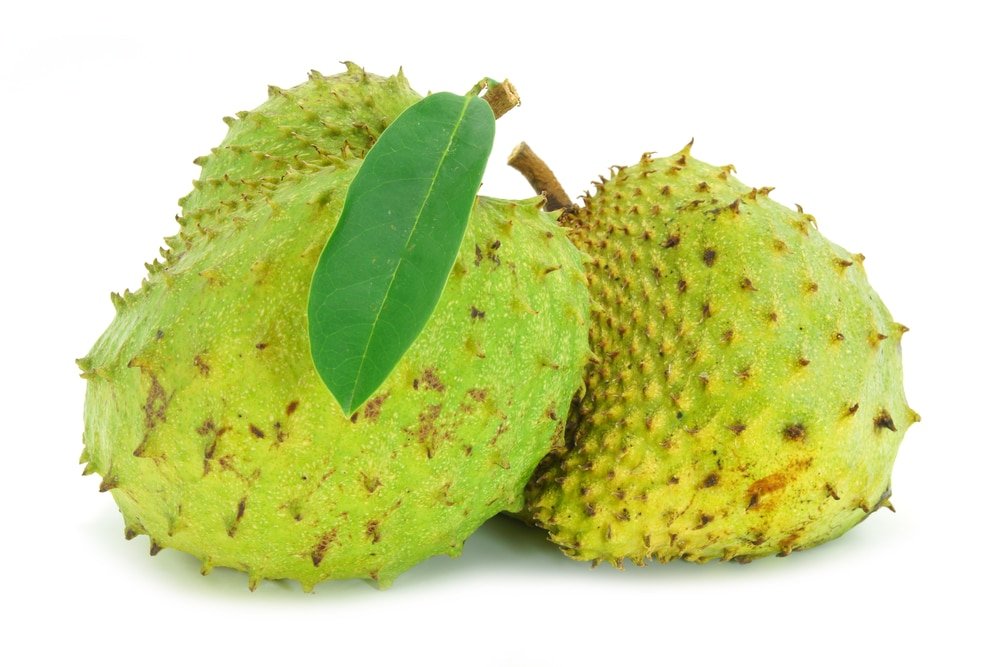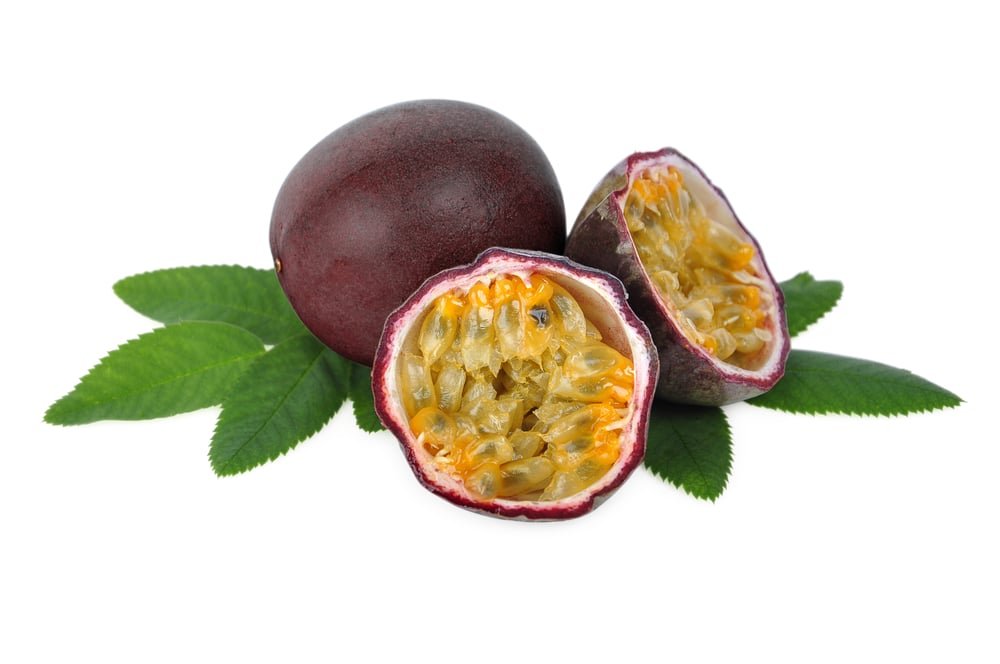Kale health benefits includes promoting eye health, detoxifying the body, promoting wellbeing of the skin, helps with blood clotting, powerful anti-oxidant support, helps with reducing cholesterol and help managing diabetes. Other benefits includes supporting bone health, promoting weight loss, help prevent stomach ulcers, help treat anemia, can help prevent cancer and helps promote healthy pregnancy.
What is Kale?
Kale is today one of the most nutritionally important vegetables in the world, possessing the highest levels of lutein of all vegetables contained with the USDA’s database, and also belonging to the important family of cruciferous veggies. Kale grows best in cooler climates, especially Mediterranean regions, but also in many other regions of the world, including North America and throughout Europe. Currently available commercial kale has actually been cultivated over thousands of years, gradually evolving from a wild grown variety to the one we know today.
The most common type of kale found today is the species Brassica oleracea, even though there are other species as well. In terms of appearance, kale leaves can appear flat, curly, with kale growing to as much as six feet in height, with colors including green, purple and ornamental white and lavender varieties as well.
Most standard green kale available today is believed to have originated in the Mediterranean region first cultivated about 2 millennia ago, even though it has only been around in North America since the 16th century.
Nutrition Info of Kale (per 1 cup serving size, 67g)
Total Carbohydrate-6.7g
Dietary Fiber-1.3g 5% RDA
Protein-2.2g 4% RDA
Vitamin A-10302IU206%RDA
Vitamin C-80mg 134% RDA
Vitamin K-547mcg 684% RDA
Thiamin-0.1mg 5% RDA
Riboflavin-0.1mg 5% RDA
Niacin-0.7mg 3% RDA
Vitamin B6-0.2mg 9% RDA
Folate-19.4mcg 5% RDA
Calcium-90.5mg 9% RDA
Iron-1.1mg 6% RDA
Magnesium-22.8mg 6% RDA
Phosphorus-37.5mg 4% RDA
Potassium-299mg 9% RDA
Copper-0.2mg 10% RDA
Manganese-0.5mg 26% RDA
13 Amazing Health Benefits of Kale

1. Promotes Eye Health
In an unknown twist to many, kale is actually the highest natural source of lutein found in nature. Lutein, along with other carotenoid anti-oxidants, play an important role in preservation of eye health, including preventing premature age related macular degeneration, cataract development and deterioration of vision. Kale consumed in addition to other carotenoids rich foods which have zeaxanthin in them offer strong protection for your eyes.
2. Detoxification Of Waste From The Body
Kale is well known for its ability to promote detoxification of waste by the body, thanks largely to the presence of specialized compounds in kale. One of these most important compounds are known as isothiocyanates, formed from glucosinolates. During detoxification, the body used specialized enzymes to breakdown strongly toxic compounds into more tolerable metabolites, something that kale helps optimize. Kale also supports the role of the liver in metabolism, as its enzymes can become elevated and cause adverse effects on the body.
3. Promotes Wellbeing Of The Skin
While all vegetables have minor protective effects on skin, kale does this a little better thanks to its generous Vitamin C content. Vitamin C is an essential pre-requisite for collagen synthesis, which in turn helps to support the health of skin and joints. Collagen is a structural protein that keeps skin’s physical properties intact, so that premature wrinkling, sagging and age spots do not manifest as easily. A cup of kale comparatively has more vitamin C than a large orange, so rest assured knowing you have other options.
4. Contains Generous Vitamin K
The exact uses of Vitamin K are somewhat mysterious, as even searches do not necessarily reveal its total importance. However, what we do know is that it is important that you get enough of this vitamin, as it does play an important role in various processes. For example, Vitamin K helps with blood clotting, improving calcium mineralization in bone, and can prevent heart disease and osteoporosis from occurring. Consuming kale provides an excellent source of Vitamin K, as a single one cup serving supplies over 700% the RDA of this vitamin.
5. Powerful Anti-Oxidant Support
Kale shares characteristics with many of its cruciferous family, including its generous amount of natural anti-oxidants. These include common ones such as the carotenoids and Vitamin C, but also unique polyphenols and flavonoids. Two of these flavonoids include quercetin and kaempferol, which possesses powerful anti-oxidant abilities can help to buffer the stress of free radicals. This in turn, can slow down premature aging, damage to the skin, as well as reducing your cardiac risk factors and cancer risk.
6. Can Reduce Cholesterol
Cholesterol has many important functions in the body, but can often be elevated to levels that are considerably unhealthy. Among these functions is the production of bile acids, which contain enzymes that promote fat metabolism. After this metabolism is complete, much of these bile acids are broken down and re-converted into cholesterol. Kale contains compounds which prevent this reconversion, and promote the excretion of bile. The end result is the use of more cholesterol to make back bile acids, leading to decreased circulating blood cholesterol levels.
7. Help Manage Diabetes
Diabetics have a hard time finding suitable foods which will not spike their blood sugar levels, but often by simply including more veggies in their diets that problem can be solved. Kale is virtually sugar free, extremely low carbohydrate on a larger scale, and nutrient dense. All these factors contribute to the blood sugar modulating effects of kale, but also the fact that it contains ample fiber. A single cup serving of kale supplies approximately 5% of your daily recommended intake of fiber, which can help to blunt the speed of glucose absorption into the blood when consumed with other carbohydrate rich foods.
8. Promotes Bone Health
Vegans who are looking for ways to meet their calcium requirements will be pleased to discover that kale is an excellent source of calcium, helping promote bone health and ward off osteoporosis. One cup of kale provides almost 10% RDA, which can go a long way especially if you do not consume dairy products. But this does not mean that you have to eat kale every day, as you can simply blend it into a smoothie and have it for breakfast, mixed with other fruits or veggies of your choice.
9. Assist With Weight Loss
Kale is an extremely filling, low calorie food which consumed on a calorie restricted diet can go a long way. For one, it allows for a greater amount to be eaten without a heavy calorie burden, plus the presence of fiber helps increase satiety of the meal. Consuming kale in smoothie form with breakfast not only increased nutritive density of your meal many time over, but can also help you stay filled until the next mealtime.
10. Help Prevent Stomach Ulcers
In a unique mechanism, kale consumption can help prevent the occurrence of H-pylori related stomach ulcers, which are bacteria that can cause erosion or ulceration of the stomach walls. This benefit is believed to be due to kale’s glucosinolate content, which prevents adherence of the bacteria to the stomach’s mucus lining.
11. Can Help Treat Anemia
Many people develop anemia simply because they fail to consume enough iron in their diets. However, there are people who fail to absorb the iron in an efficient manner, due to Vitamin C deficiency or other factors. Kale is loaded with Vitamin C which helps improve iron absorption, plus contains modest amounts of iron as well. These co-factors are also intimately involved in production of new red blood cells, helping offset low blood count as well.
12. Can Help Prevent Cancer
Kale works via various mechanisms in cancer prevention, including promoting removal of waste from the body, and minimizing exposure of healthy cells to waste in the intestines. Kale is also loaded with anti-oxidants, which buffer free radical damage that can precipitate cancerous changes in cells.
13. Can Help Promote Healthy Pregnancy
Intake of folate is extremely important during pregnancy, as it can prevent the development of several neurological defects of the fetus, as well as preventing spina bifida and deformities. Kale contains modest amounts of folate, which can help you meet your quota, especially if not using a prenatal supplement. Folate is also important for normal DNA synthesis and cell replication to prevent unwanted mutations from occurring.
Conclusion
Kale is an extremely versatile vegetables that can be included in many meals, and even consumed as a smoothie. Its nutritional density is second to very little, warranting the fact that you include this vegetable in your diet.
Join the 7‑Day “Better Gut” Plan
Pop in your email and we’ll send Lesson 1 + the printable list.






